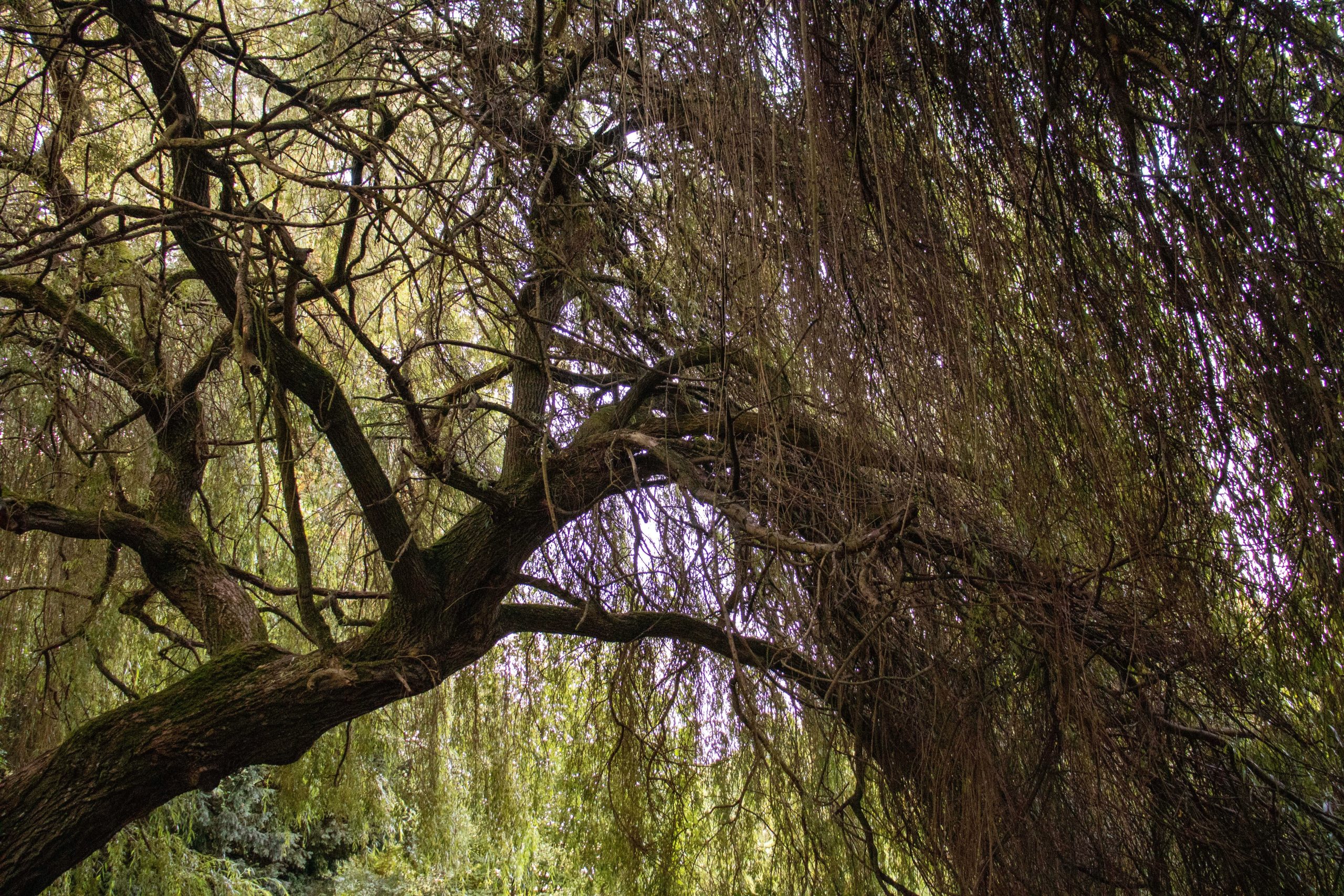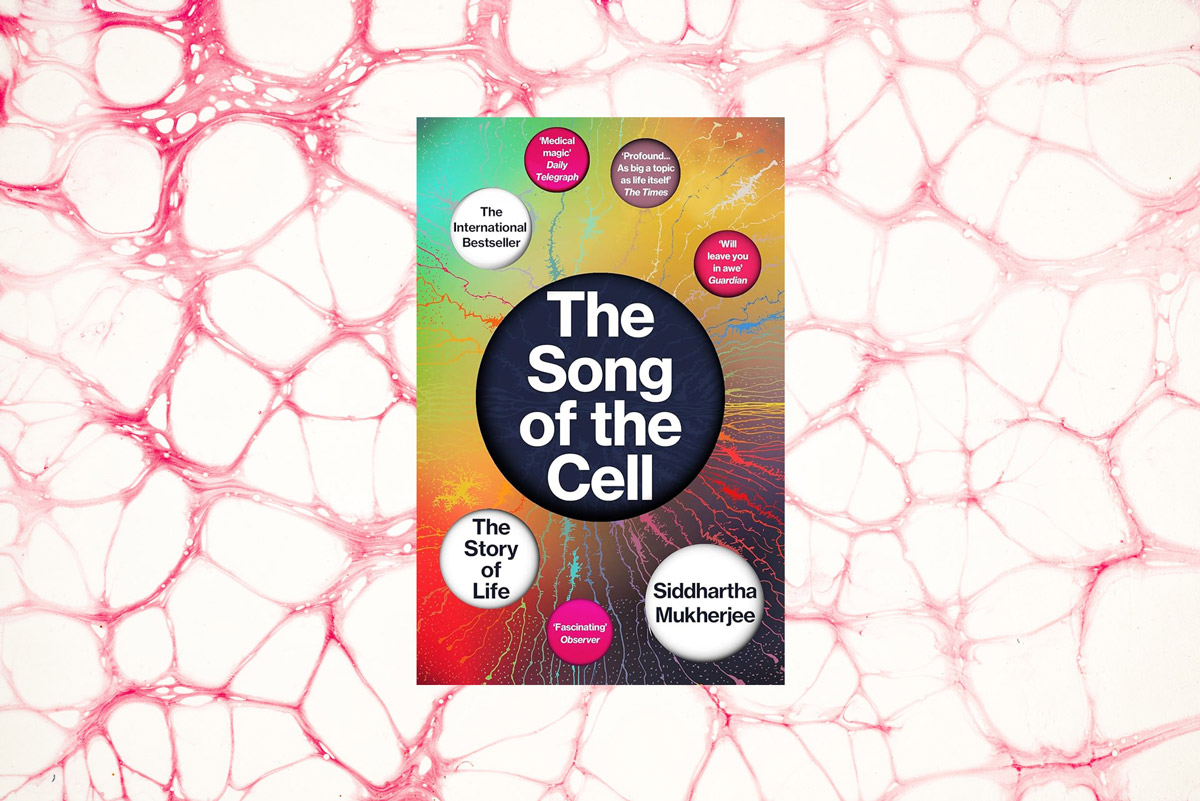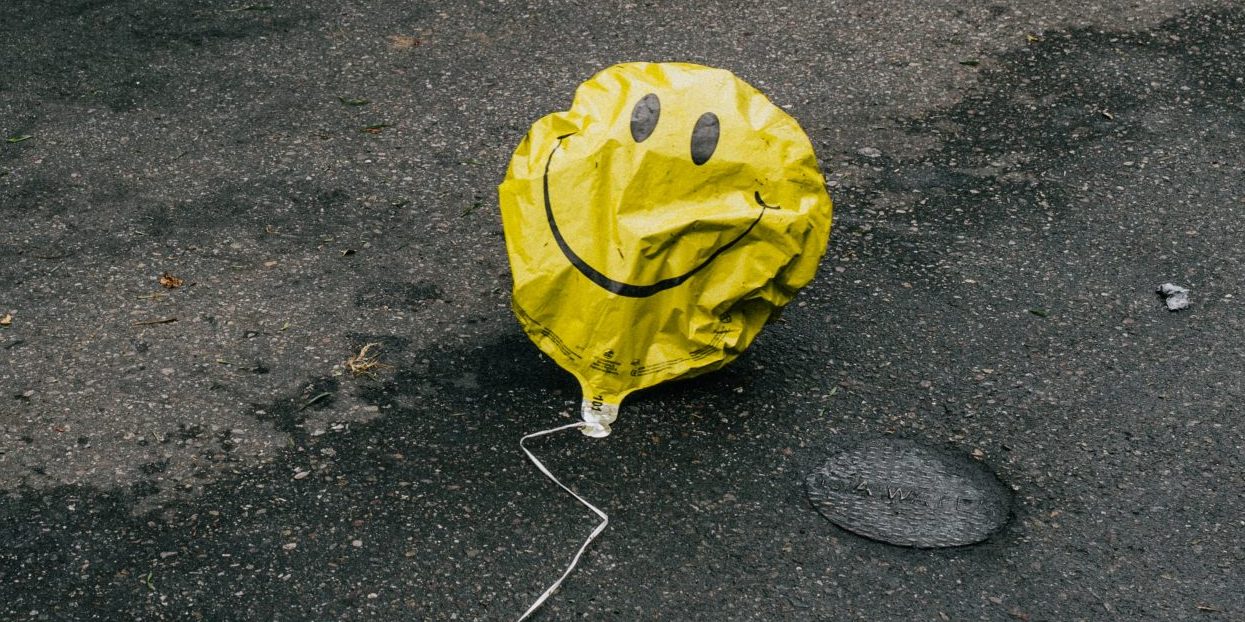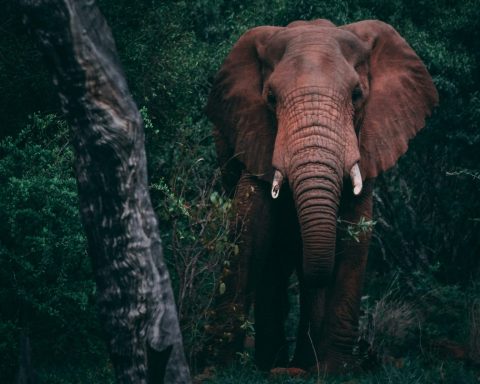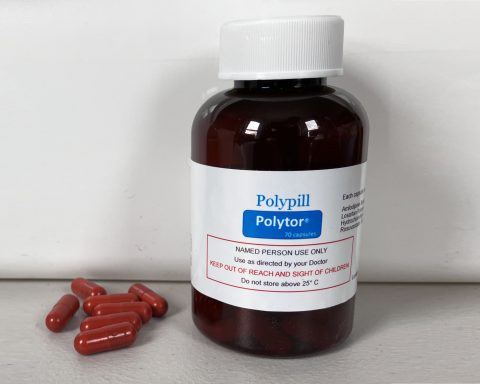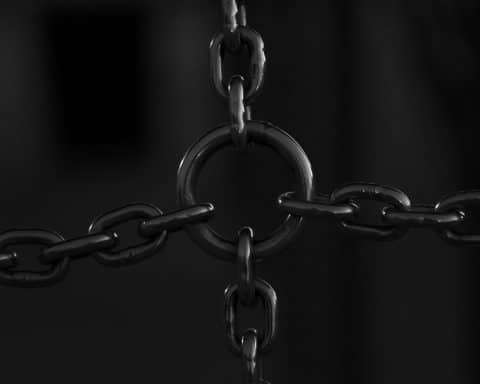Kathleen Wenaden is a mother, medic, pilgrim, and poet. She is a GP in Hackney, London, and is nourished by writing poetry. She is on Twitter/X: @Kathleenwenade1
What would I say about my place of work? The old brick community centre at the rather nondescript corner of Elsdale St and Darnley Rd, London E9; now contrasted with several bright yellow flats built on top.
I would write about how I belong there, am recognised. I know those rooms, plain, with bars on the windows, and that small central reception area, and HCPs where the doctors gather, grabbing a quick coffee in-between patients. A breather, to meet, offload, laugh, or cry. Literally.
It is a place where I have laughed, cried, called out in anger, stress, and sweat. It is a place of emotion, travesty, and courage. Depth and light. Real. We don’t, can’t pretend. I’m not proud of the ways I have behaved there, when under stress. It takes courage to keep asking and delving into life, courage to keep fighting, as patient advocates. It takes courage for patients to keep returning, to keep telling their story over again. It is a place of solace, of grit, of life, births, deaths, with a lot of stories and ordinary life, of trauma and delight, of grace and stillness of movement. But mainly of the hardness of poverty, of the inter-generational tumbling down, of handed-on pain and love, tears and crisis.
Now, in my 21st year as a GP, I see the grown-up children of the ‘teens’ I once knew. Surreal. I could write about the cycles of life seen and witnessed in this place. I could write about the kindness of my colleagues around me, who balance, encourage, and support one another, the fun and banter we not only have in our team but with our patients also. After all, we are all ‘Hackney’ people, which roots and grounds us. As trees commune, with their roots intertwining, so our roots do too. Our practice has the roots of our patients’ lives, weaved intricately with the roots of us, practitioners, staff — some who live within the local community, some who live further away. Roots of previous GPs and nurses who have weathered the storms, and sowed their meadow-flower seeds alongside ours. This is the work of decades. Transformation and flourishing do not happen in an instant.
Our practice has the roots of our patients’ lives, weaved intricately with the roots of us, practitioners, staff … Roots of previous GPs and nurses who have weathered the storms, and sowed their meadow-flower seeds alongside ours. This is the work of decades. Transformation and flourishing do not happen in an instant.
So many of my patients have never really belonged. Within their families, or perhaps they grew up in care, or were neglected or physically chastised. Perhaps they were excluded from school, or just overlooked, the stress at home too much for them to focus at school, leaving without qualifications. Or, perhaps they have left their families overseas, making their base in Hackney for a multitude of reasons. In our practice, and in the wider voluntary sector community, we hope to enable our patients (and ourselves) to make a home here.
More of my daily work at the surgery is simply ‘holding space’ for my patients, listening from my heart-space, trying to convey that they belong to our surgery community. To work in this place is to witness, and to journey, and to belong with one another. Much of what patients bring to me are medically unexplained, symptoms and diseases that fall between the different secondary care specialties. Or is it now the administration burden that comes from a health system that is not coping, and certainly doesn’t know how to deal with the disease of poverty and deprivation? So many of our patients have a ‘mixed bag of symptoms’, which don’t fulfil the correct criteria for our secondary care mental health teams. We have learnt, from experience, and through trial and error, how to ‘hold’ these patients, how to support them through their current crisis. Our much higher rates of EMIS-coded ‘Depression’ are just the effects of many people living in such desperate social situations. Even simple respiratory conditions may be caused or complicated by mould in poor housing conditions.
Our primary care network (our group of five surgeries) now employs a wellbeing team that includes social prescribers, health-and-wellbeing coaches, a wellbeing practitioner, and a mental health worker, as well as a volunteer coordinator. Over time, they are now beginning to make a difference to our patients, to our community. We have a wonderful courtyard garden, now blooming, created by our patients who have tended this space so beautifully. Now I have a space where I can bring my hypomanic (or was it her emotionally unstable personality?) patient I saw last week. We were both soothed by the flowers and the fresh air. Last week, our volunteer coordinator took the surgery men’s group out of London, to the beach where they enjoyed a wonderful day out, filled with friendship, fish and chips, the sea, and feeling the sand under their feet. The photos and memories will live on for many of these men, most who have not left Hackney for many years. So much other work goes on in general practice that we cannot code for, can’t tick a box, and is not on our QOF targets. It is extraordinarily wonderful, and yet also there is the paradox of being extraordinarily difficult to be part of. In my role as clinical director of my primary care network, I am privileged to be able to input ideas, and work with my development manager to move ideas into written-up proposals.
How, though, do we, as clinicians and managers, involved for decades in this heart-journey with our patients, colleagues, and community stay balanced, maintaining boundaries, and maintaining our finite pot of energy? In mid-life, my energy seems finite, limited, not quite the boundless passion I once had in my 20s, when I honestly thought I could change the world. Now, I only aim for a fraction of this work. An important fraction, and an important part of the whole, but I have conceded, and am much more careful in my work and what I aim to influence.
How, though, do we, as clinicians and managers, involved for decades in this heart-journey with our patients, colleagues, and community stay balanced, maintaining boundaries, and maintaining our finite pot of energy?
I have witnessed many of my GP and healthcare practitioner colleagues move on to to different areas (they say they are leaving London for a variety of reasons), or reduce their clinical hours, or leave medicine. Preventing burnout for colleagues in mid- and later career has become one of my interests, partly through personal experience.
Taking a sabbatical last year has re-invigorated and re-energised me, refining my purpose, and growing me in other ways. Writing, re-discovering exquisite poetry, and stepping across the threshold into the utterly delightful world of the arts and creativity are helping me to weather what the practice and its patients bring to me. Finding my tribe of similar GPs and HCPs in QMUL educators, and all their work on flourishing, as well as the RCGP GP Special Interest Group for Creative Health, is encouraging me to move forward in this arena. Even my CPD is now focused on reading biographies and humanities, looking for the writings and the lived experience in all sorts of aspects of life.
On a recent canal boat holiday around Staffordshire, along the Caldon Canal, as I drifted along, there were so many life lessons. Canals are originally waterways, where heavy loads carried on narrowboats throughout the country were then deposited, offloaded at a destination. When the boats need to go up- or downhill, through the lock gates, the sluice-gates are opened and water gushes through until it reaches an equilibrium between two pounds. Only then will the lock-gates open, with a little force. Initially, as we learnt to pilot the boat, it was scratchy, with lots of banging against the sides of locks and bridges. But as we (well, my husband mainly) learnt to helm the boat, it became much smoother, gliding through the water.
As we passed under arched stone bridges, overhanging weeping willow trees, and descended into the dank ancient pounds in the canals, I was reminded of how, as practitioners, we often hear, and, at times, carry our patients’ heavy loads. How do we offload these burdens? How can we find places we belong to, in nature, to revive and restore us? Where are the places (who are the people?) we can burrow into, cocooned from the world? Where are the places, the spaces, the hobbies, the stone churches in our lives (metaphorically speaking) where we can rest a while? To recover our equilibrium, our balance. Where are the cathedrals in our lives, which we can gaze at? Awe-struck. Where are the overhanging willow trees we can sail under? Where can we hear and see the ripples for good in our lives? And in the lives of our patients? How can we take the edge off the pace, the frantic pace, we live our lives by? When will we realise that we cannot save the world but it is the natural world that will save us. When will be able to see the detritus of distractions in our lives that we will be able to let float by? When will we be able to write/paint/make our lives and when will our lives make us? What do we inscribe onto our lives? Where are the sacred places that we can linger in? Where are the waterways, the canals, in our lives that we can deeply rest in? Where are your places of abundance, and play, goodness, and rest? Of restoration and transformation?
Taking a sabbatical last year has re-invigorated and re-energised me … Writing, re-discovering exquisite poetry, and stepping across the threshold into the utterly delightful world of the arts and creativity are helping me to weather what the practice and its patients bring to me.
As we moved back into the town, towards the end of the trip, all wildness now behind us, I was struck by how different my perspective was. Usually we walk on a towpath, with the canal in our peripheral vision. Now, on the canal, we have the towpath in our periphery. Same view with a new, alternative perspective. I hurtled through my 20s and 30s, but now in my 50s, midlife, I am learning to pay attention to the edges, boundaries, apertures of my life, seeking calm and solace, not over-packing my diary, for example. Not this scratchy, banging-against-the-edges life, seeking thrills and speed, burning the candle at both ends, while stealing time from my kids, for work. Finding time to share space with my growing teen children.
Instead of placing work in the centre of my life, I want to live in the centre of my life. My abundant, flowing, sacred life, which sends out ripples for good, letting the detritus of distraction float on by. With stops for rests, making altars in stone churches or canal-side pubs, celebrating friends and families, celebrating the seasons and the turning of the year, the litanies and liturgies of my life. To mark and make time (instead of clock-watching). To find a rhythm of my days. To craft the life I choose.
We recently unveiled a mural of Dr Colin Franklin, GP, Hackney, 1950–1990, one of the first black UK GPs. His daughter and grand-daughter were really moved to see it, and I wrote this poem for it. (Dr Heather Charles took over from him, 1990 up till present.)
Elsdale Street Surgery
Come in, come in
Come in and take a seat.
We’ll take your woes, your past, your pain
We’ll always take your side.
You may have to wait
You may have to explain
You may have to leave your loads.
There is a place for all in here —
Where you and I will stand.
We’ll sing your song
We’ll speak our words
Share our lives, make sense of it all.
A bridge of care, a sacred place
For you and you and you.
Dr Colin Franklin.
Thank you for all you did
We’ll raise our hats and bow our heads.
Your baton we must take
Your promise for better health
Is also ours to keep.
Featured photo by Lucie Douezi on Unsplash.

